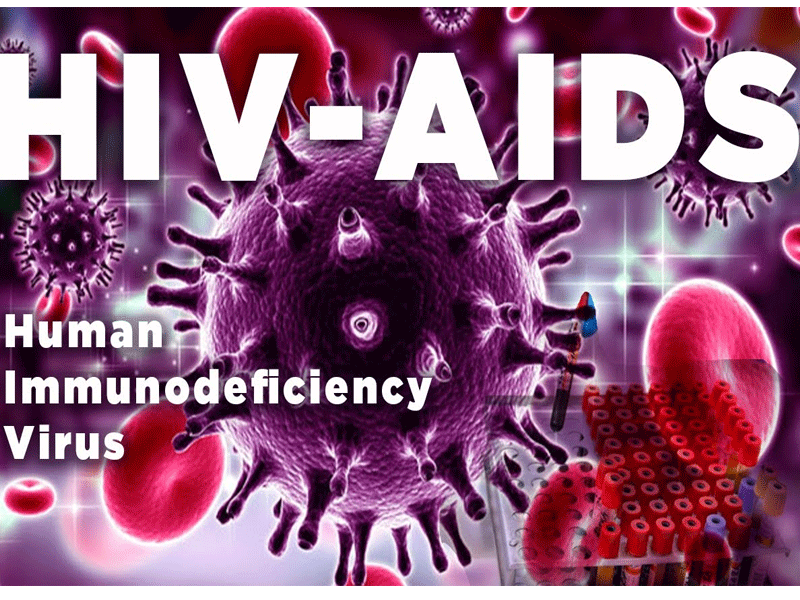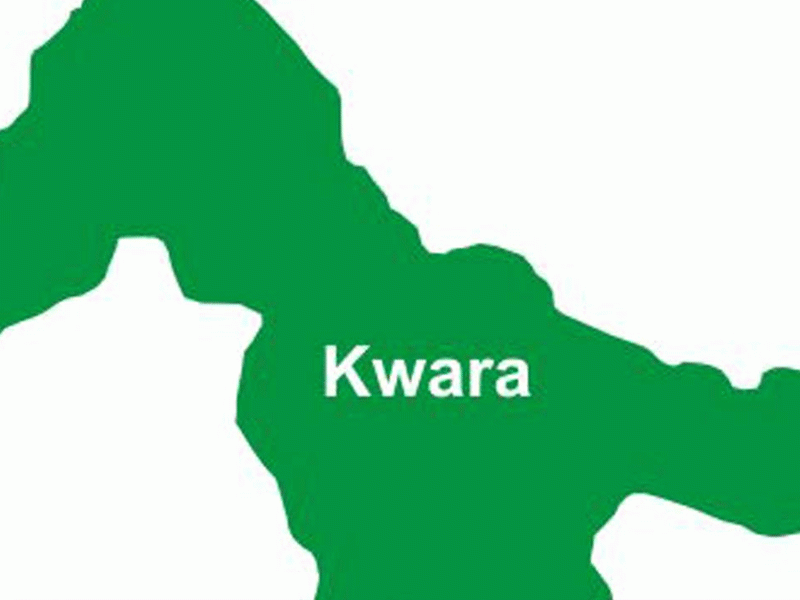This was disclosed at a press briefing in Abuja, on Thursday.
The conference was themed “HIV Vaccine, Innovation, Science, and Technology Acceleration in Africa Project.”
The initiative aims to harness and catalyse African scientists to contribute to an African-led effective HIV vaccine under the ‘Bringing Innovation to Clinical and Laboratory Research to End HIV in Africa through New Vaccine Technology’ (BRILLIANT) Consortium led, by the Chief Executive Officer and President of the South African Medical Research Council, Cape Town, South Africa, Prof Glenda Gray.
The World Health Organisation, on Tuesday, named HIV, malaria, tuberculosis, and 14 other pathogens as top priorities for new vaccine development.
According to UNAIDS, there were an estimated 39.9 million people living with HIV across the globe in 2023, with an estimated 1.3 million new infections.
Africa has about 25.9 million (65 per cent) of the global burden with Nigeria contributing about 1.9 million, making it the fourth largest HIV burden country globally.
However, to end the HIV epidemic, an effective HIV vaccine is required to be added to the known prevention tools to stop transmission.
The United States Agency for International Development awarded more than $45m to the BRILLIANT consortium through a competitive process to implement a cooperative agreement under the HIV-VISTA project.
The Executive Director of the International Research Centre of Excellence at the Institute of Human Virology Nigeria and Principal Investigator in Nigeria, Prof Alash’le Abimiku, noted that the objective of the consortium was to evaluate HIV vaccine candidates emanating from the continent.
She said, “Activities supported under the HIV-VISTA project will be implemented exclusively in Sub-Saharan Africa, which is the geographical area in the world with the highest burden of HIV.
“These new project funds will be directly applied in Africa and substantial in-kind resources are being leveraged.
“This more powerful collaboration with a greater number of partners, and uncanny goodwill, promises to deliver results while disallowing the diversion of funds back to the United States.
“Through these efforts, African institutions will be encouraged to become more autonomous, generate domestic resource support, form partnerships with the private sector, and possibly create a more sustainable system for HIV vaccine R&D, which is progressively and inordinately dependent on the U.S government.”
Expressing optimism about the project, she emphasised that “This is a true partnership that acknowledges the potential of great innovation and science from Africa to solve global health challenges, especially those that disproportionately devastate the continent.
“We are very thrilled to partner with the government of Nigeria and colleagues from South Africa, Uganda, Kenya, Tanzania, Zimbabwe, Zambia, and Mozambique in this endeavour.”
The Director General of the National Agency for the Control of AIDS, Dr Temitope Ilori, noted that the HIV-VISTA study offered hope for a vaccine tailored to the needs of the population.
She said, “HIV remains a significant challenge in Nigeria. Despite our progress in reducing new infections and controlling the virus, the HIV epidemic persists, hence requiring new tools for prevention.
“NACA has continued to provide current prevention measures, but an effective vaccine is crucial to our efforts.
“The HIV-VISTA study offers hope for a vaccine tailored to the needs of our population, and Nigeria’s involvement in this global initiative is critical.
“Our participation supports both local and international efforts to end AIDS and brings us closer to a vaccine that could save countless lives across Africa and beyond.
“Our partnership within the BRILLIANT Consortium, guided by inclusivity, ethical standards, and USAID’s Collaborate, Learn, and Adapt framework, aligns with NACA’s commitment to serving Nigerians and advancing public health.
“We are confident in the scientific integrity of this initiative and fully support its goals, provided they remain aligned with Nigeria’s national interests.”
The Deputy Director of the Office of HIV/TB from USAID, Dr Ezekiel James, stated that the study offered the opportunity to collaborate with the government of Nigeria and stakeholders.
“USAID looks forward to the outcomes of this study and for the combined efforts to achieve HIV epidemic control,” he said.
On his part, the UNAIDS Country Director, Dr Leo Zekeng, encouraged engaging the community to create awareness of HIV vaccines and similar research that continues to break HIV transmission rates.
Nigeria, eight others get 899,000 Mpox vaccine
The Access and Allocation Mechanism for Mpox has allocated an initial 899,000 vaccine doses for nine countries, including Nigeria, across the African region hit hard by the current Mpox surge.
This was disclosed in a joint press statement issued by the African Centres for Disease Control and Prevention on Thursday.
The statement noted that in collaboration with affected countries and donors, the decision aims to ensure that the limited doses were used effectively and fairly, with the overall objective to control the outbreaks.
It said the AAM principals from Africa CDC, the Coalition for Epidemic Preparedness Innovations, Gavi, the Vaccine Alliance, UNICEF, and the World Health Organisation approved the allocation, following the recommendations of an independent Technical Review Committee of the Continental Incident Management Support Team for Mpox.
“The decision was informed by country readiness and epidemiological data,” the statement added.
“The nine countries are the Central African Republic, Cote d’Ivoire, the Democratic Republic of the Congo, Kenya, Liberia, Nigeria, Rwanda, South Africa and Uganda.
“The largest number of doses – 85 per cent of the allocation — will go to the Democratic Republic of the Congo as the most affected country, reporting four out of every five laboratory-confirmed cases in Africa this year.
“These doses come from Canada, Gavi, the Vaccine Alliance, the European Union (Austria, Belgium, Croatia, Cyprus, France, Germany, Luxemburg, Malta, Netherlands, Poland, Portugal and Spain, as well as the European Union Health Emergency Response Authority), and the United States of America,” it highlighted.
On vaccine availability, it said over 5.85 million vaccine doses are expected to be available to the Mpox Vaccines AAM by the end of 2024, including the nearly 900,000 allocated doses.
Nigeria had in August received 10,000 doses of the Jynneos Mpox vaccine from the government of the United States of America.











